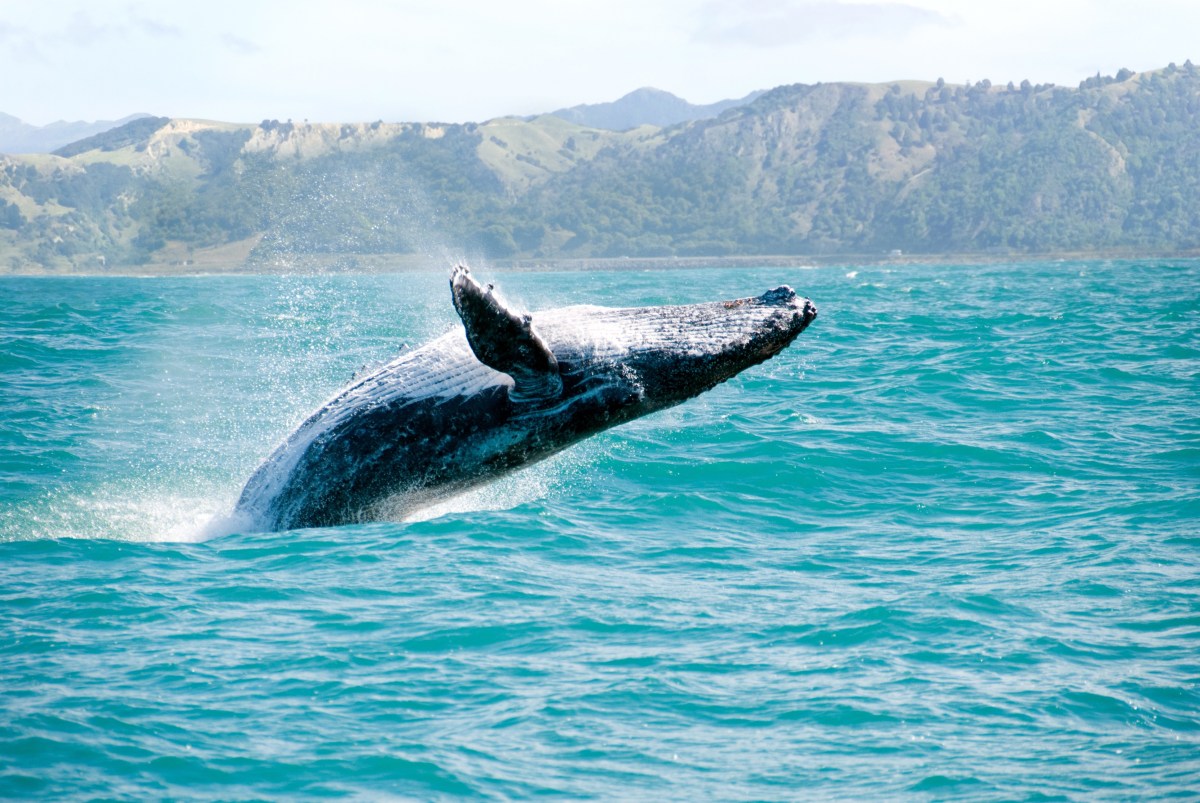At Next Level Sailing, we consider the significance of using the magnificent natural resources present in the Pacific Ocean as a way to aid and further children’s education on marine life. Young prospective students will acquire an expanded understanding of the whale species including facts about migration, size, eating habits, communication, and conservation. Children will open their eyes to environmental factors these animals face as well as be informed about endangered species and what to do to save these magnificent mammals.

December-April
From December through April, students will be able to witness and learn about the longest mammal migration in the world, the Gray Whale migration. Students will learn about the basics of migration and specifically the annual route taken by the Gray Whales and aspects of their migratory behavior. Children will gain insight on whale’s form, feeding behavior and how this miraculous creature sprung back from being on the verge of extinction. Suggestions are given out to visiting students on what steps to take to help maintain the present Gray Whale population while protecting other endangered marine life.

May-November
In warmer months, from May through November, field trippers will be taught about a group of whales labeled as Rorqual Whales which includes the Blue Whale, Humpback Whale, Fin Whale and Minke Whales. All of these whales frequently visit the San Diego coast because more food is prevalent in these waters, so visitors can spot them feeding. Students will obtain up-close breathtaking views of one of the largest animals on the planet, the Blue Whale, a severely endangered mammal. Blue Whale facts covered will revolve around the whale’s size, sound and their migration patterns. The sight of a Humpback Whale can introduce the idea to students that the dorsal fin and flukes are as different to each individual whale as fingerprints are to humans. Students can also become knowledgeable of Baleen Whales such as Fin Whales, which are the fastest of this group of whales, and Minke Whales.
